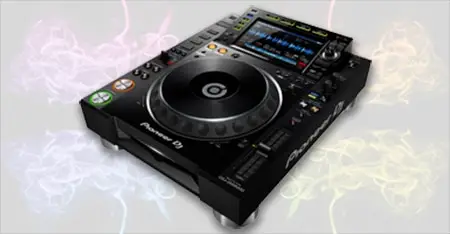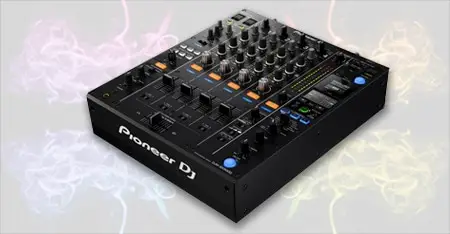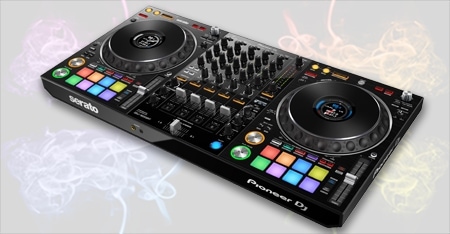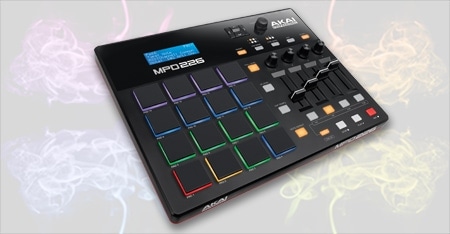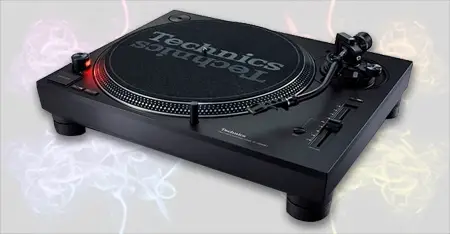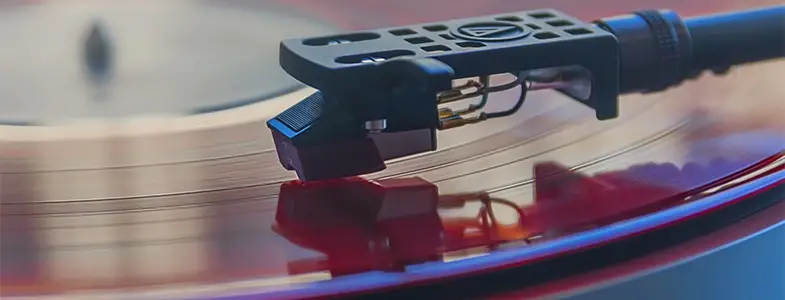
Like any section of music, DJing is going through huge changes with the advance of technology. The DJ world is completely different from what it was even ten years ago. Pioneer turned the landscape on its head when they released CDJs. So how has it affected the original art form, is vinyl DJing dead?
The short answer is that yes, vinyl DJing as we know it is dead. Definitely as the dominant force in DJing. In that sense, DJing with vinyl died a while ago. That said, it has gone through a bit of a revival. Plus you’ll often find big-name DJs who still love to play vinyl sets and will do so whenever they can.
DJing with Vinyl
Contents
Vinyl was how DJing started in the first place. It was when a DJ at the Hacienda nightclub in Manchester put two turntables side-by-side that DJing was born. And this method dominated the DJ world for nearly 60 years.
The art form itself developed a long way with advances such as the direct-drive vinyl turntables. These replaced belt drive and made mixing much smoother and reliable. They also made turntablism possible. This is where DJs scratch, beat juggle and mix tracks using advanced techniques. With this came competitions like the DMC that helped push the art form even further.
To see our recommended turntables head here.
Vinyl’s Days Become Numbered
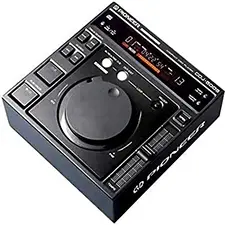
Things began to change when companies started releasing CD decks (see our recommended modern decks here). CDs had become the main way of listening to music at home and DJs wanted to use them in a club environment. Largely due to the practicality and portability of DJing of CDs.
They could suddenly have hundreds of tracks without having to carry crates and crates of vinyl.
The first major introduction was Pioneer’s CDJ500 but that wasn’t the vinyl slayer. Although it allowed DJs to play CDs and change their pitch, they just weren’t as tactile as vinyl decks. DJs were used to touching and manipulating a platter as a way to physically adjust and correct their mixes.
When Did DJs Stop Using Vinyl?
Things changed completely with the introduction of the Pioneer CDJ1000 in 2001. These had a platter that DJs were able to spin and touch. This closely replicated the style of mixing that DJs were used to and effectively sealed the fate of vinyl decks.
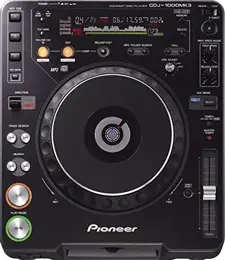
And so CDJs started to become standard in clubs around the world. To the point where the New York Times declared that CDJs had properly taken over in a 2004 article.
That wasn’t to say that vinyl decks disappeared instantly, there was a good few years of transition. Many DJs were reluctant to give up their vast vinyl collections or were resistant to CDs being the new standard. Some even saw them as a fad that wouldn’t last.
Over time though the CDJs just got better and better. To the point where turntablists started to use them alongside their vinyl decks. They were able to do many of the same tricks as they with vinyl, as well a new tricks unique to CD decks.
To see our recommended CDJs head here.
Weighing up the Costs
Then there was the fact that vinyl were far more expensive than CDs. Especially once DJs started burning their own at home. This saw the steady decline of vinyl sales.
Is Vinyl DJing Dead? According to Clubs It Is
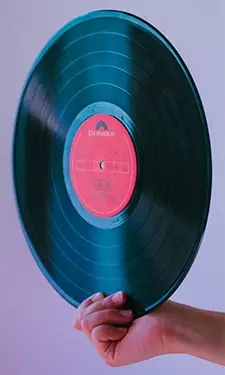
Over time there became less and less DJs were mixing with vinyl.
This meant clubs no longer relied on vinyl decks and so stopped servicing and taking care of them.
These days it is very common to find a club’s vinyl decks to be unreliable, even if they’re Technics. They are simply not being used often enough to warrant regular servicing.
I have had gigs where I put the needle on the record only for it to skip across the entire vinyl. Meaning the deck was essentially useless. In that particular case, I had to rely solely on mixing with a laptop and controller.
Love DJ gear?
So do we, check out our favorites…
Is Vinyl DJing Dead for New DJs?
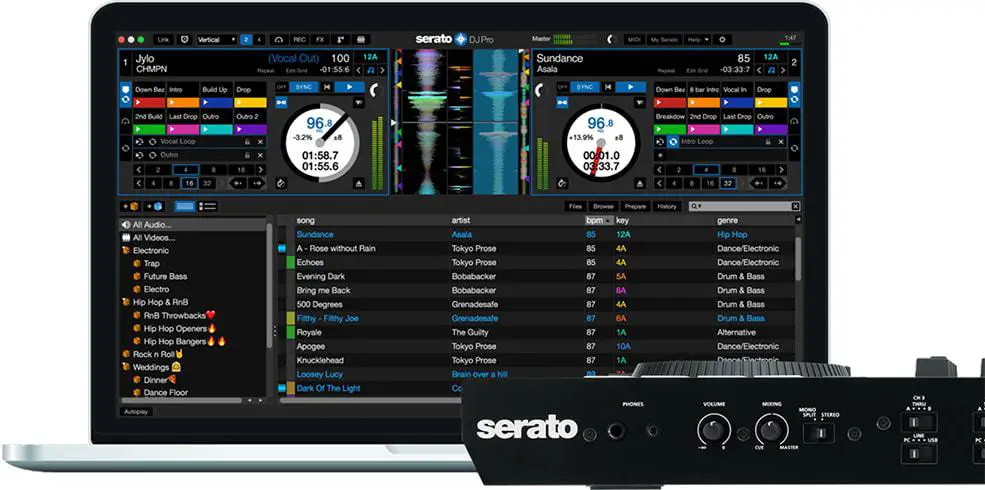
Broadly speaking, yes. It is very rare to find new DJs that will play purely on vinyl. If anything they will use a vinyl emulation system like Serato. This means their setup and style is predominantly digital-based.
That said there has been a resurgence in vinyl sales so it seems many are supplementing their digital setup. And as mentioned, many known DJs do enjoy using vinyl and still have large collections. Plus the turntablist world is also still going strong, even if it is a niche section of the DJing industry.
These types of established DJs tend to struggle less with poor decks. They’ll, of course, let the promoters know ahead of time that they are going to be performing using vinyl.
Often big clubs and festivals will still have decent vinyl decks available. Meaning big-name DJs won’t have the same technical issues as smaller club DJs.
To see our recommended DJ controller head here.
What About Vinyl Turntables Themselves?
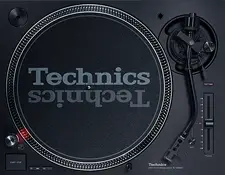
Tracking whether vinyl decks are still being produced is another way to answer the is the vinyl DJing dead question. And, for a while, for the leading brand Technics, the answer was… they weren’t.
Technics stopped producing decks in 2010 due to declining sales. The announcement sent shockwaves through the DJing world. Meaning many vinyl purists and fans campaigned hard for Technics to be put back into production.
Which they did… Technics came back on the market six years later in 2016 (see our recommended vinyl decks here).
They are still made and iterated to this day, despite sales being lower than previously. The most recent release being the SL1200 mk7s in 2019.
Conclusion Is Vinyl DJing Dead?
So while vinyl DJing may have died off from being the dominant method of DJing, there will always be those fans and the big-name DJs that help keep it going.
Is vinyl DJing dead? Not entirely, it’s still just trying to work out it’s new normal in the modern DJ era.
What next?
- Not sure what the difference between a CDJ and DDJ is? This post has your answers.

